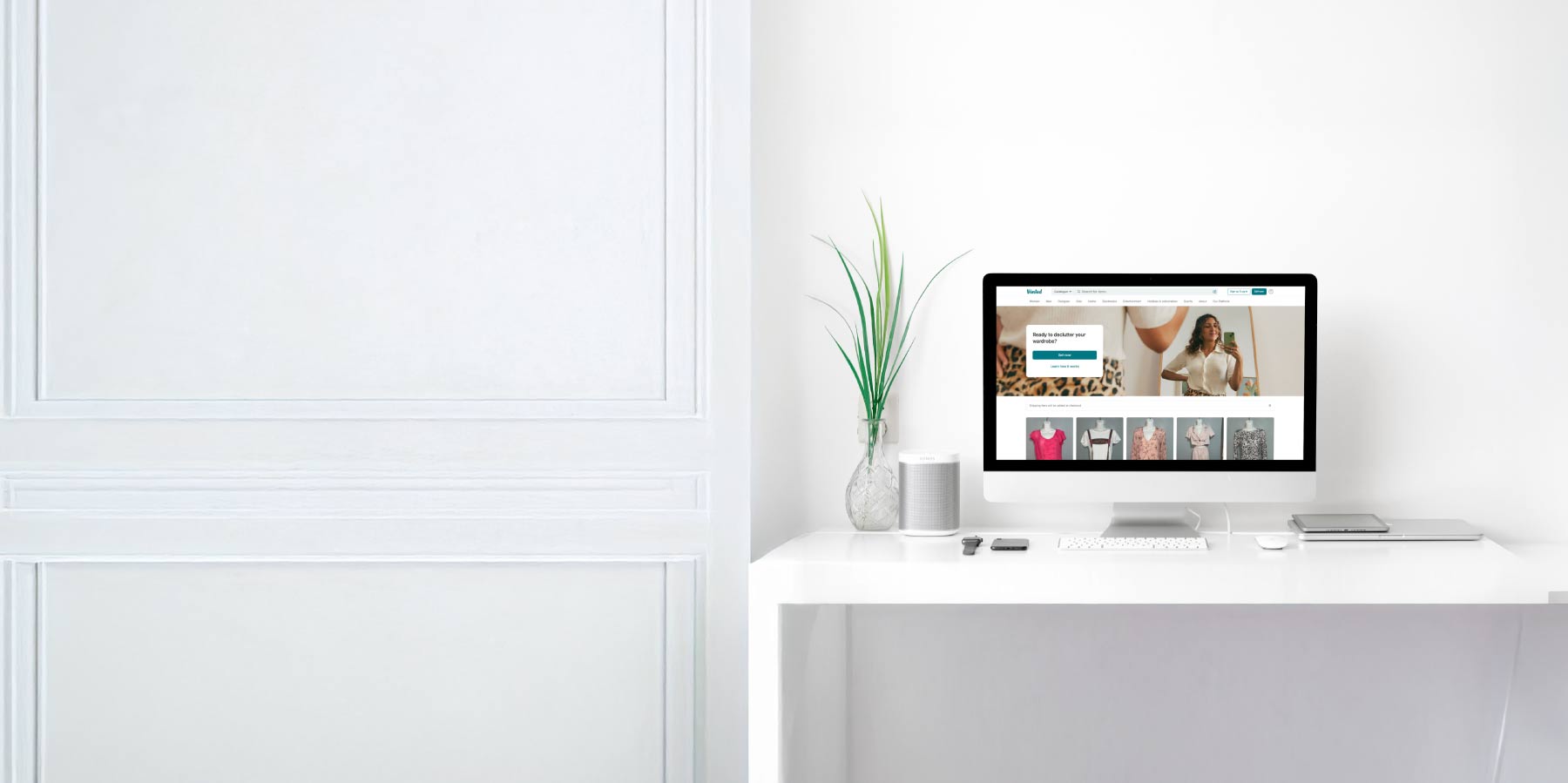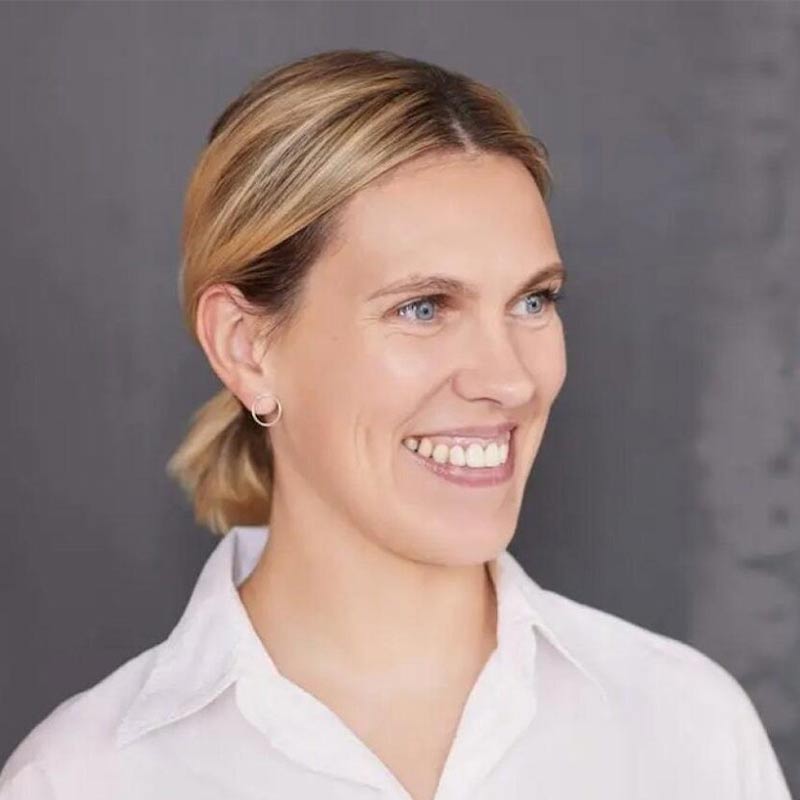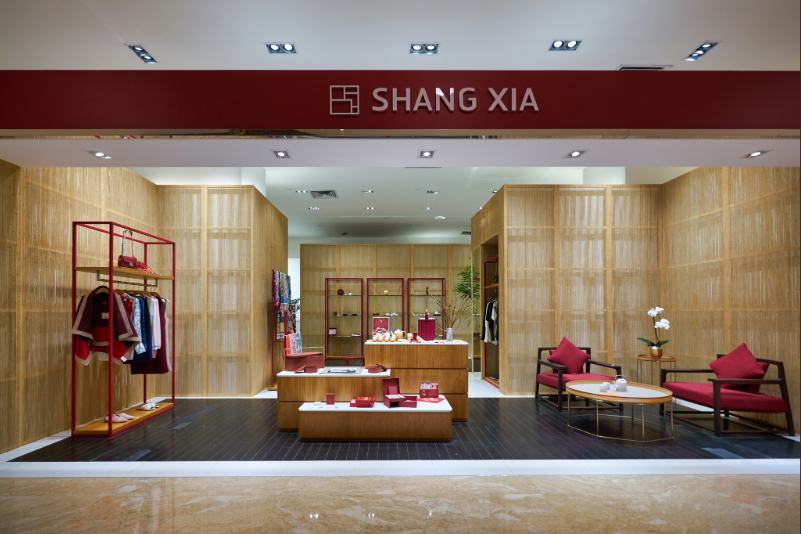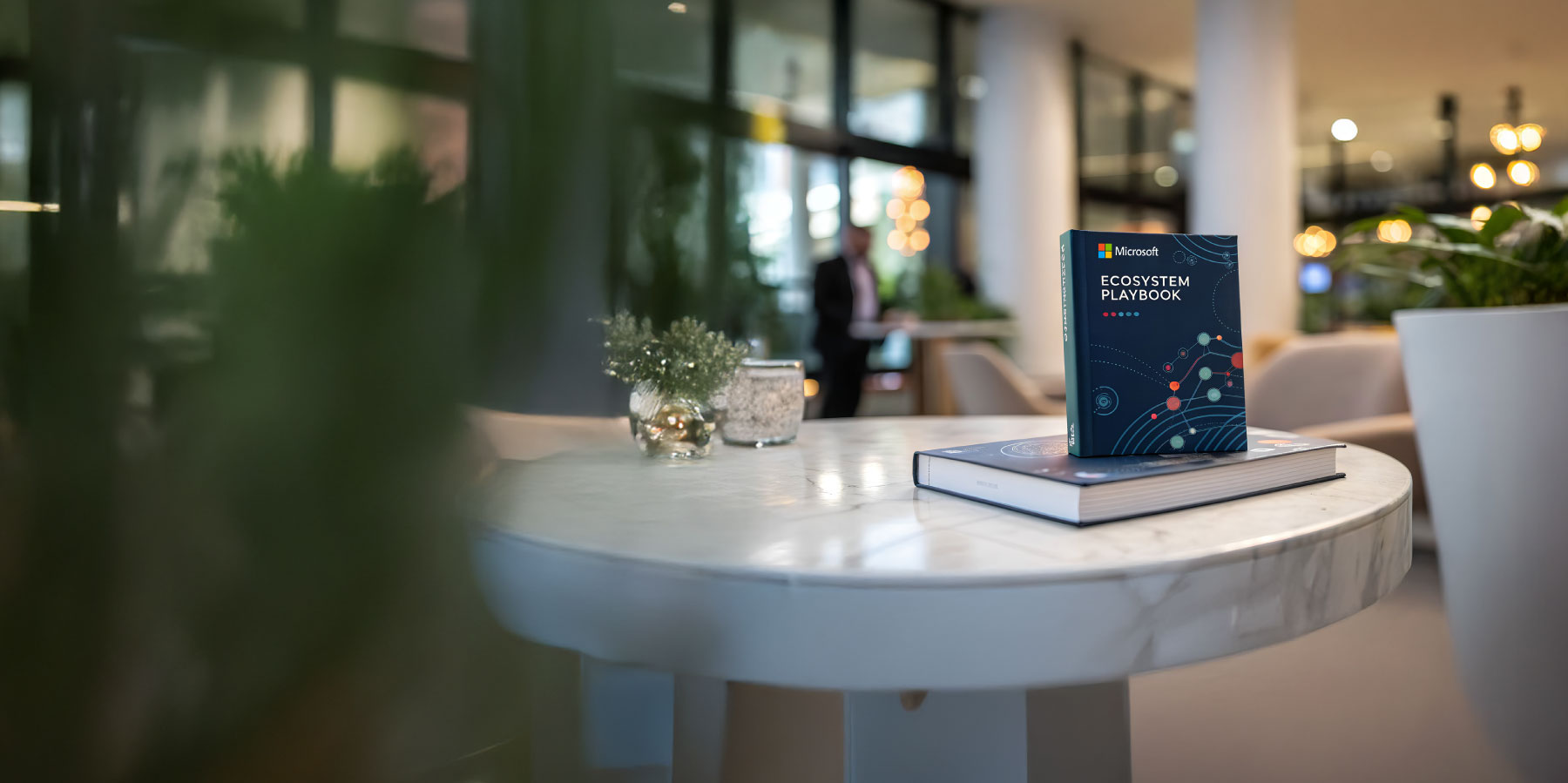
Four lessons from BYD's rise – and why Tesla should be worried
BYD overtook Tesla’s EV annual market share in 2025 as it mastered unglamorous fundamentals and built capabilities sequentially while competitors chased disruption and moonshots....

by Milda Mitkute Published November 26, 2025 in Innovation • 5 min read
When I set up my second-hand clothes business, Vinted, in 2008, at 21, I was just trying to clear out my wardrobe – I had no idea it would become so successful. I owned too many pairs of shoes and wore only a few. Rather than throwing them away, I built an online platform where people could buy and sell fashion.
Back then, it was a small community, but as it grew, it became clearer to me that a great deal more people shared the quiet guilt I felt about overconsumption. On that journey, there are five lessons I’ve learned from scaling Vinted into Lithuania’s first unicorn – a privately held startup valued at more than $1bn – before leaving the business in 2016.
Now, I am working on a new startup focused on making mathematics education more engaging and accessible for children. I picked up a few lessons there, too.

First, let purpose emerge. At Vinted, sustainability was not our original guiding star. The green credentials came later, and from our early users who wanted to give their clothes a new lease of life.
As user numbers ballooned, so did my awareness of the underlying problem: some 92 million tonnes of textile waste is discarded every year. Less than 13% of clothing is recycled in Europe.
Some companies face a trade-off between purpose and profit, but we were fortunate that our model already aligned the two. So, we never had to come up with a sustainability angle, as many firms do; it was already part of our core business model.
The lesson I have for leaders is to embed purpose in their own model, from the start. When purpose is part of how the business works, not just what it says, there will be less pressure to choose between doing well and doing good later.

“We want all emplyees to understand where the company is going, so they feel like co-owners. ”
Second, stay open. When we launched the company in 2008, we could make decisions among a small group, usually over lunch. That was not possible when the company grew and more and more people joined. But we tried to keep the same old habit of sharing as much information as possible with employees. We want them all to understand where the company is going, so they feel like co-owners.
But being open does introduce risk. There were moments when trust was mistreated, and we had open discussions about whether to add more control. In the end, we decided not to. Even if something went wrong once, we felt it was better to take it as a lesson and keep building our culture on trust rather than on control.
I have two key rules now: done is better than perfect, and speed beats
perfection.
Third, keep testing. After Vinted, I began a new startup in mathematics education. It’s a different business entirely, but I took some key lessons from Vinted with me – the main one being not to chase perfection.
I have two key rules now: done is better than perfect, and speed beats perfection. That’s because you need real-time feedback on a product or service as soon as possible. If you wait too long to test an idea, you risk missing whether it actually works.
Of course, it is easy to take risks when you have nothing to lose. But once your company becomes successful, you naturally might be more cautious and less likely to take risks. I had to remind myself all the time to get back to iteration and keep moving fast.
My advice to other founders is to do the same: keep experimenting, especially when things are going well.

Fourth, be brave. People often ask what it is like to be a female founder. In my experience, startups are young and open places, so I have never felt judged myself. What I see more often is women judging themselves and holding back because they doubt their readiness for leadership.
Many women I mentor underestimate themselves. They are smart and capable, but they question their own ability. I’ve been there too. When you see yourself as less competent, you act accordingly, so others may respond in kind.
My advice is simple, though not easy: Be brave. Build confidence through small wins and preparation. Don’t enter the room trying to prove you belong; assume you do. Self-doubt is natural, but leadership begins the moment you decide to treat yourself as an equal.
The lesson for leaders is to keep trying to fix what others accept as normal.
Fifth, leave things better than you found them. With my new venture, I’ve realized that education works very differently from fashion. Teachers are often overworked and, understandably, resistant to change.
I’ve seen good products that teachers refused to use – not because they didn’t work, but because teachers were tired, or didn’t want to change. In consumer tech, people chase innovation. In education, you often have to teach the technology before selling it, so change is much slower to manifest.
But the motivation I had at Vinted is the same one guiding me now: fixing problems I can see. I want my children and others to learn math without fear or frustration. Even if the project fails, I would rather have tried to change something than watch it stay the same.
The lesson for leaders is to keep trying to fix what others accept as normal. Change may be slow, but it only starts when someone decides to act.

Co-founder of Vinted
Milda Mitkute is the co-founder of Vinted, an online platform for buying, selling, and exchanging secondhand clothes. The idea originated in 2008 when Milda, preparing to move from her hometown in Lithuania to Vilnius, wanted to find a new home for her excess clothes. She partnered with Justas Janauskas, who handled the technical side, and Vinted quickly gained popularity in Lithuania. By 2009, Vinted expanded to Germany and has since grown into an international company, operating in over 20 markets with more than 2,000 employees.

February 16, 2026 • by Howard H. Yu, Jialu Shan, Lawrence Tempel in Innovation
BYD overtook Tesla’s EV annual market share in 2025 as it mastered unglamorous fundamentals and built capabilities sequentially while competitors chased disruption and moonshots....

February 13, 2026 • by Stéphane J. G. Girod in Innovation
The next decade will bring significant changes for China's luxury sector. But to see where it's heading, we need to understand where it's been....

February 10, 2026 • by Winter Nie, Yunfei Feng in Innovation
China's economy shows contradictory signals – macro headwinds yet surging innovation investment and competitive intensity. To decode this evolving reality, here are the nine key trends global businesses must understand about operating...

January 13, 2026 • by Murat Tarakci in Innovation
Satya Nadella swapped Microsoft’s old Microsoft-first playbook for a customer-first, collaboration-driven strategy, demonstrating what it takes to succeed in today’s business environment. ...
Explore first person business intelligence from top minds curated for a global executive audience